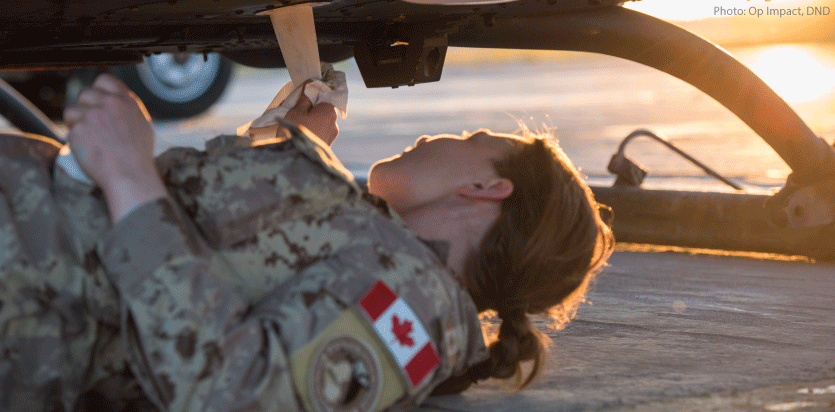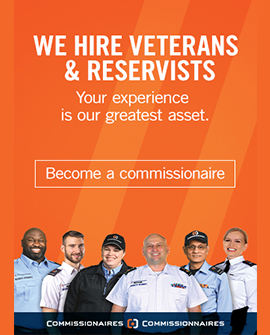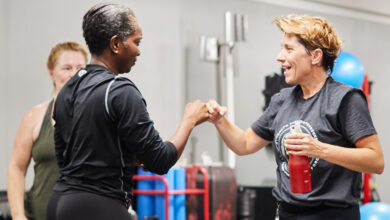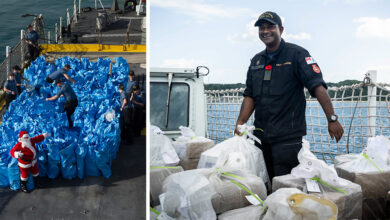Programs & Services
Veterans Transition Network hosting workshops for female veterans of the CAF
Because of the prevalence of Military Sexual Trauma (MST), and to give women a safe environment to heal in, the Canadian charity, Veterans Transition Network (VTN), hosts a multitude of Veterans Transition Program (VTP) workshops designated specifically for female veterans of the Canadian Armed Forces (CAF).
Designed by Dr. Marv Westwood and Dr. Patricia Wilensky at the University of BC in 2002, VTP is a program geared towards helping military members returning to the civilian world to “drop baggage” that is hindering their transition.
“The intention of the program is not that we’re able to magically heal every aspect of their injuries, but that we’re able to give them a really good understanding of what they are facing and a really nice blueprint, or roadmap, of what they can do to continue their path of recovery,” said Dr. Belinda Seagram, a co-facilitator of the VTP.
During the program, veterans work in a close environment with each other, trained psychologists, social workers and former program graduates.
The program is a ten-day, retreat-based program broken up over the course of a month.
Throughout the course of the program, veterans work on communication skills development, career exploration and counseling as well as PTSD education and management. With the motto “never alone,” the program relies heavily on group-based recovery.
Phase one, which lasts four days, is about building a safe environment for all the participants, working on communication skills and sharing their stories with the group.
“To be in a place where they really have the floor, and know they have a non-judgemental audience, who really understand what they’ve been through, is quite unique,” noted Seagram.
The group then sets goals and breaks for two weeks.
Phase two, also four days, focuses on enactments in a safe and controlled environment.
“With the enactment they’re able to identify what are the biggest barriers to them moving forward with their lives,” explained Seagram.
The group then breaks again for two weeks before the final phase.
Phase three, lasting two days, is about consolidating skills and working on the next steps.
By the end of the program, each participant will have performed roughly 100 hours of personal and group work in a clinically supervised setting.
More than 700 veterans have attended the VTP workshops over the years.
In 2014, VTN began offering the program in women-only settings as well. By the end of this year, 60 women will have gone through the program and the demand for these programs only increases, says Seagram.
The women-only programs are vital for female veterans who have experienced some kind of MST or have suffered injuries from feeling isolated because of their gender.
Having women-only groups provides the participants with a chance to relate with one-another and speak openly.
“When you’re used to working in a minority environment, where you’re surrounded by the different sex, there’s some things that you probably wouldn’t talk about in the same way you talk about them with a group of women. So, for many, they say, to be able to speak so openly, for many of them, is a first time,” said Seagram.
Although these women enter the program feeling isolated, according to Seagram, they leave with a profound sense of hope.
The remaining women’s VTP workshops include a Prairies workshop in Manitoba running from Sept. 15-Oct. 15; a French program in Quebec running from Sept. 22 through Oct. 20; and a West Coast program in British Columbia running from Oct. 27 to Dec. 10.
There are also a number of VTP workshops for men.
To register for a VTN workshop click here.











